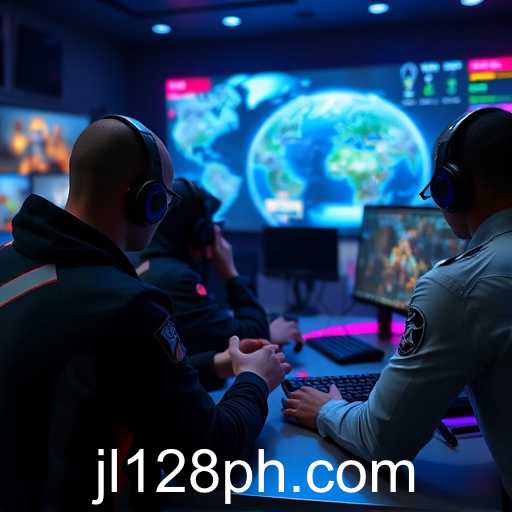In recent years, the digital landscape of gaming has undergone significant transformations, and 2025 continues to witness this evolution. At the forefront of this change is the rising popularity of websites like jl128.com, which offer English-speaking gamers a platform to connect, compete, and collaborate.
Online gaming communities have become a pivotal gathering point for millions of players around the globe. They provide not only a space for entertainment but also an arena for cultural exchange, skill development, and social interaction. Platforms such as jl128.com are increasingly focusing on enhancing user experience by integrating cutting-edge technologies such as artificial intelligence and virtual reality.
Commentary from industry experts highlights that the merging of AI with gaming interfaces has led to more personalized and immersive gameplays. For instance, algorithms now customize difficulty levels and suggest strategies based on individual player behavior, making games more engaging.
Reports indicate that these technological advancements are not only reshaping player experiences but also causing shifts in global gaming dynamics. The virtual worlds created by such online communities are blurring geographical boundaries, allowing players from different continents to form alliances and compete in global tournaments in real-time.
Moreover, the socio-economic impact of this digital evolution cannot be understated. The gaming industry's contribution to the economy has been substantial, with platforms like jl128.com enabling independent developers to reach wider audiences and monetize their creations effectively.
As we proceed further into the 2020s, the influence of these developments on both current and future gaming communities will be profound, setting new standards for interactive entertainment and fostering a more interconnected global player base. The dynamics of online gaming continue to evolve, promising a future where digital and real worlds coexist in unprecedented ways.








